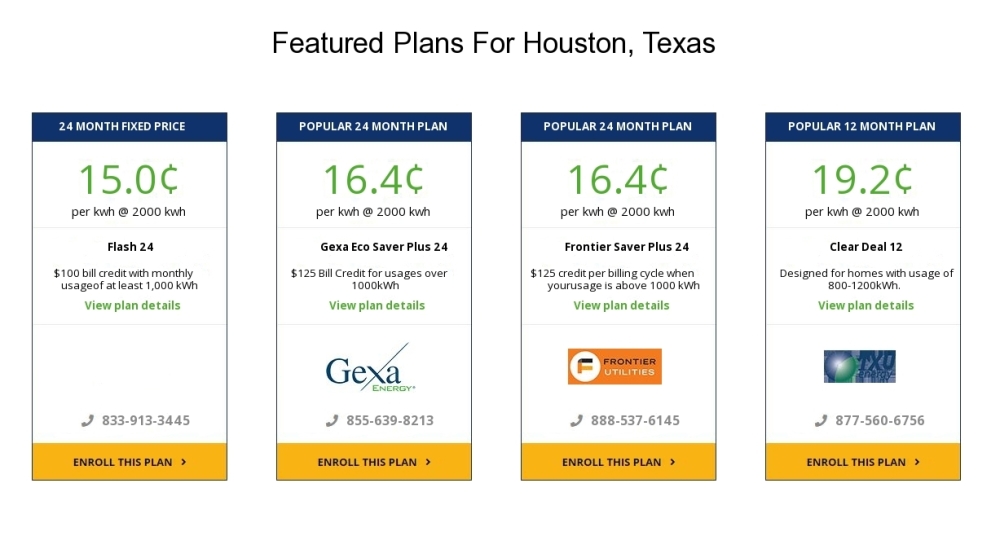


Oncor: As one of the largest utility companies in Texas, Oncor offers information about its service area as well as tips on saving energy at home.Oncor, ERCOT, TDU, GEXA, TXU Energy, Centerpoint and Lone Star State Resources Cons: May have slightly higher rates compared to non-renewable options due to increased production costs associated with renewable energy technologies.Pros: Supports green energy initiatives indirectly reduces carbon footprint supports renewable energy projects to diversify the electricity grid.It means your usage is matched with an equivalent amount of renewable energy added to the grid. This doesn't mean your electricity is coming directly from renewable sources.

For example, it might offer a plan where 100% of the electricity is matched with RECs, meaning that for each MWh of electricity you and their other customers use, the company retires one REC. The company then creates green energy plans based on these RECs. The electric provider might buy these RECs directly from the generator, or it might buy them on an open market. Retail electricity providers (electric companies such as TXU, Reliant and Gexa) purchase RECs from renewable energy generators.Įach REC represents one megawatt-hour (MWh) of electricity generated from a renewable energy source, such as wind or solar power. Like many other aspects of the Texas electricity market, even green energy plans are not exactly what they seem. The green energy plans sold to consumers earn their renewable energy label through the use of renewable energy certificates (RECs). These plans typically come with either fixed or variable rates. It may surprise you to know that Texas is one of the largest producers of renewable energy in the world.įor environmentally conscious Texans, renewable energy plans offer a way to support clean and sustainable power sources such as wind or solar energy. Energy Information Administration (EIA), Oncor, ERCOT, Centerpoint, AEP, and our proprietary electricity rate comparison tool, you can make educated choices about your power needs. I’ll break down important information about retail electric providers (REPs), Public Utility Commission regulations, credit checks, and early termination fees.Īnd finally, I'll offer valuable tips on lowering your energy bill by understanding usage patterns and incentives while comparing contract lengths from different providers.īy utilizing data provided by organizations such as the U.S. These include fixed rate, variable rate and renewable energy options. I'll describe the different kinds of plans available for residential customers. I’ve created this comprehensive guide to Texas electricity rates to help you become an informed consumer, giving you an in-depth understanding of the factors that influence electricity rates in Texas and helping you avoid pitfalls when choosing an electricity plan. Since we started Vault Electricity, we have helped over 100,000 Texans get their lights turned on. Things are often not what they seem and finding the cheapest electricity rate for your home or apartment can be tricky. Lock in the cheapest Texas electricity rates before they increaseĪs a lifelong Texan and someone who has spent over 14 years working in deregulated electricity, I know that Texas electricity rates are not straightforward.


 0 kommentar(er)
0 kommentar(er)
